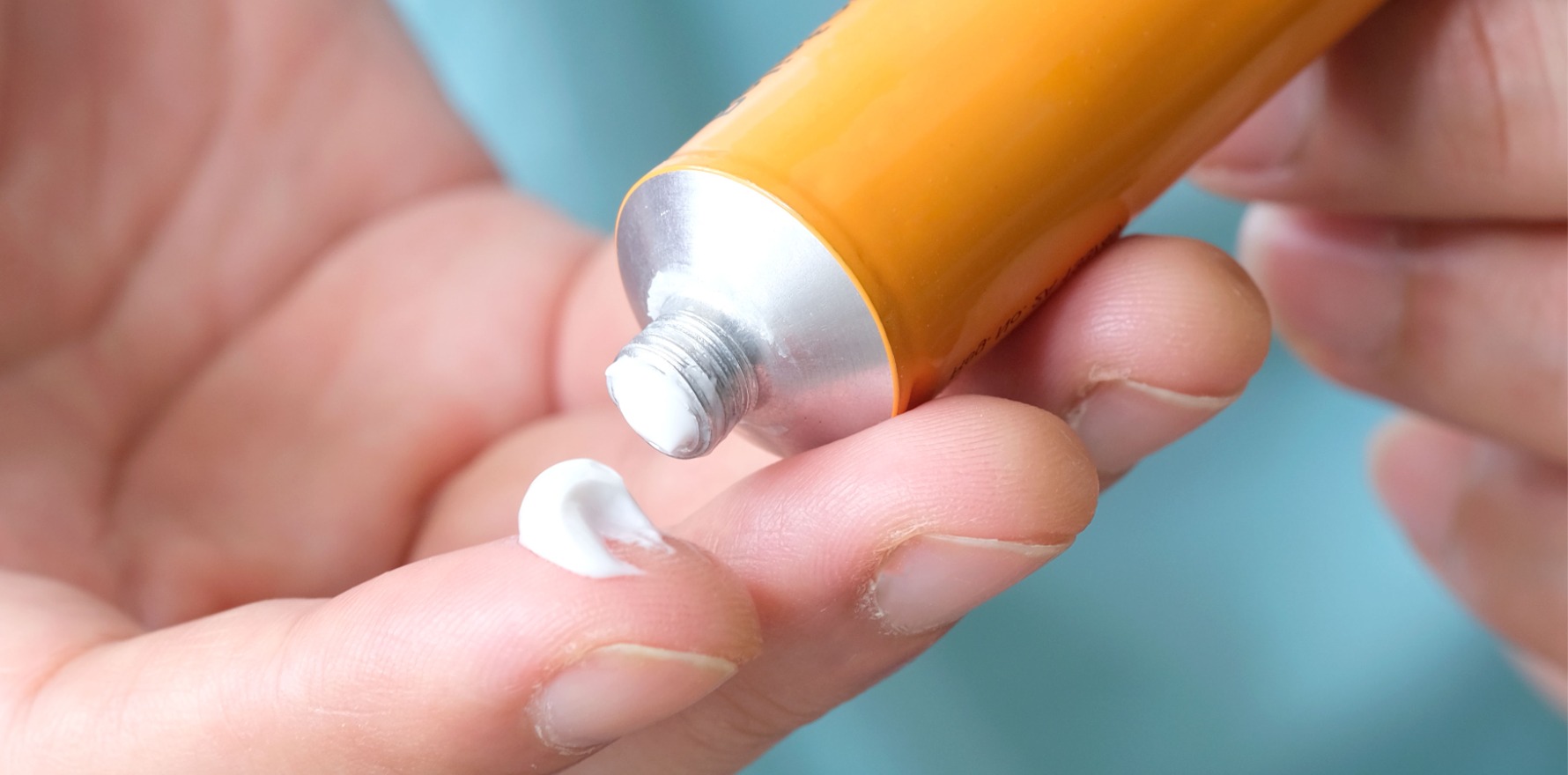Peak bodies say the condition is very rare and patients should not stop treatment without expert advice.
The benefits of topical corticosteroids for eczema “far outweigh any risks” says the president of the Australasian College of Dermatologists Dr Adriene Lee.
Dr Lee made the comments as part of a joint statement issued this week by the ACD, the Royal Australian College of General Practitioners and Eczema Support Australia in response to media reports about patients suffering from topical steroid withdrawal (TSW).
“Topical steroid withdrawal is a very rare reaction,” said Dr Lee.
“Far more commonly what we see in those who experience a deterioration of their skin after discontinuing topical steroids is evidence of undertreated eczema or a resurgence of the underlying eczema.
“Anyone concerned about using topical steroids should discuss this with their GP or dermatologist.”
The issue has been brewing in the UK media and on social media in recent weeks, since the UK’s Medicines and Healthcare products Regulatory Agency (MHRA) issued a drug safety update on topical steroids. This week it spilled over into Australian mainstream media.
The MHRA has announced new regulations which will see topical steroids labelled with more information about potency.
“Over the coming year, topical steroids will be labelled with their potencies to aid correct selection and to simplify the advice to patients requiring multiple steroid products of differing potencies,” the MHRA said in a statement on 29 May.
“These will be labelled ‘mild steroid’, ‘moderate steroid’, ‘strong steroid’, and ‘very strong steroid’.”
The statement said: “While considered safe and effective, topical steroids can rarely lead to serious side effects such as thinning of the skin, adrenal suppression or very rarely Cushing’s syndrome, due to systemic absorption”.
“The incidence of these more serious side effects is linked to the amount, potency and duration of use of the topical steroid.
“Patients have also reported experiencing a less well understood group of side effects that has been termed Topical Steroid Withdrawal (TSW) reactions,” according to the statement.
“TSW is the generally accepted patient-led term for these reactions – this group of conditions does not necessarily meet the medical pharmacological definition of withdrawal. While these are still poorly understood groups of reactions, the evidence to date is that these reactions typically occur in four stages.”
The MHRA statement also revealed that Yellow Card reports – a system set up in the UK to document suspected side effects to medicines, vaccines and other products – up to August 2023 were reviewed and 267 reports were identified reporting reactions under the term TSW or with features that are often considered to be associated with this term.
“The majority of these reports contain information indicating that the patient experienced a severe reaction following long-term use of moderate to very potent steroids to control eczema,” said the statement.
Last week UK media outlet The Sun reported “Brits who use a common skin cream could be at risk of a life-threatening complication, experts have warned”.
Dr Lee said in this week’s joint statement that “millions of people around the world have used topical steroids to manage their eczema effectively”.
“The benefits of topical steroids far outweigh any risks, which is why they continue to form the foundation of care for eczema,” she said.
Dr Lee emphasised that the purpose of using steroid creams was to manage an eczema flare, and a skin flare following discontinuation of treatment was more likely to be due to the recurring nature of eczema.
“Unfortunately, dermatologists see far more suffering caused by the avoidance of topical steroid treatments, which in turn can lead to the development of more severe disease,” she said.
Related
Dr Anneliese Willems, a GP and representative for the RACGP Specific Interests Dermatology Group, said that addressing steroid concerns was vital to ensure patients did not miss out on treatment that could relieve their eczema.
“Eczema is a complex and chronic condition that requires a high level of self-management, which makes it essential that there is time during consultations for patients to talk about their concerns relating to steroids, and for GPs and dermatologists to listen, explain the evidence behind these treatments, and tailor care to the individual,” Dr Willems said.
“As with all medications, a small number of patients can experience side effects, while many can benefit. Patients should seek advice from their GP or dermatologist if their eczema is not responding to topical steroids, before making any changes to their treatment.”
Eczema Support Australia’s managing director Melanie Funk said she was concerned that misunderstandings and a few publicised cases would deter people from using topical steroids, which have been used effectively to treat millions of people with eczema over the last 50 years.
“Eczema can be a debilitating, lifelong condition. Far more people with eczema benefit from topical steroids than experience a reaction. It would be a tragedy if some Australians were deterred from using a therapy that is proven to provide relief and prevent their eczema from worsening,” Ms Funk said.
Eczema Support Australia is working closely with GPs, pharmacists, nurses and dermatologists to develop a series of educational resources to support Australians impacted by eczema.
The Therapeutic Goods Administration has been contacted for comment on whether it is considering similar labelling or updated drug safety advice.





